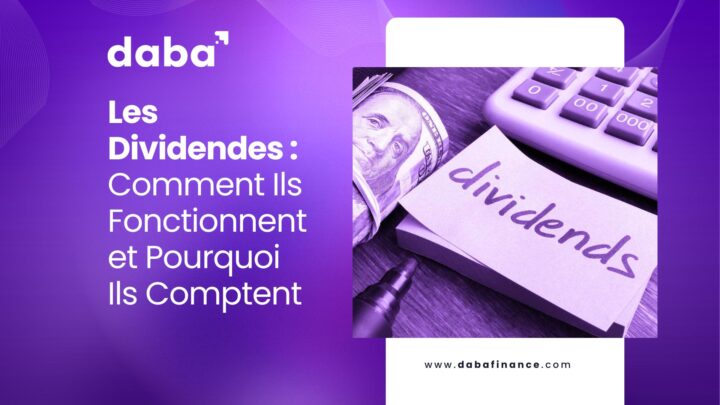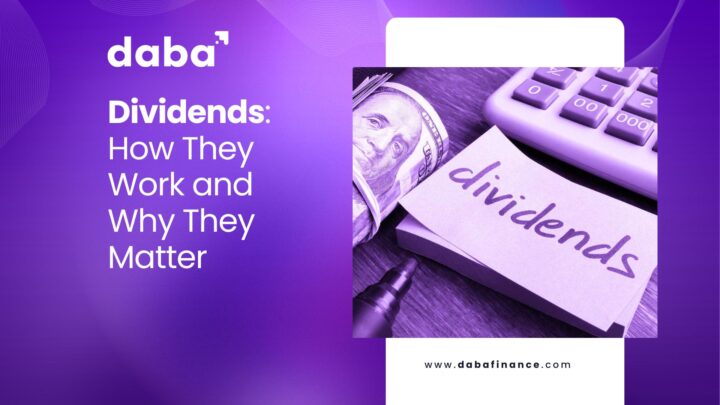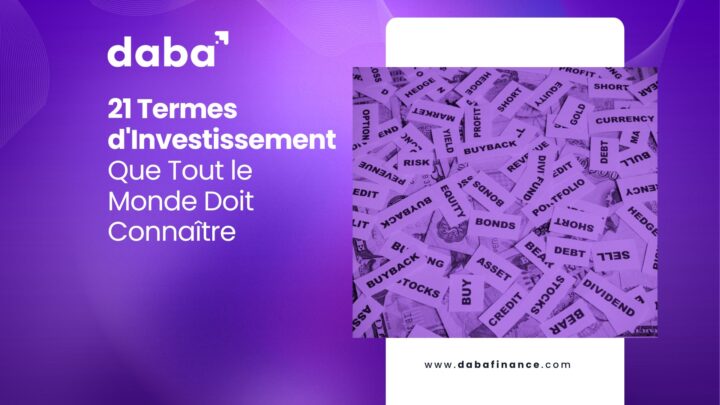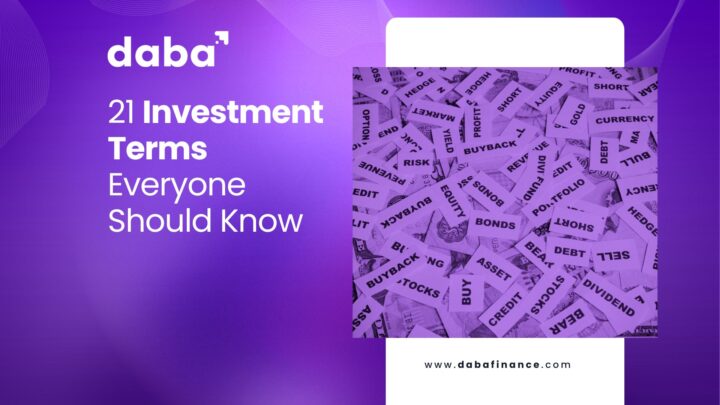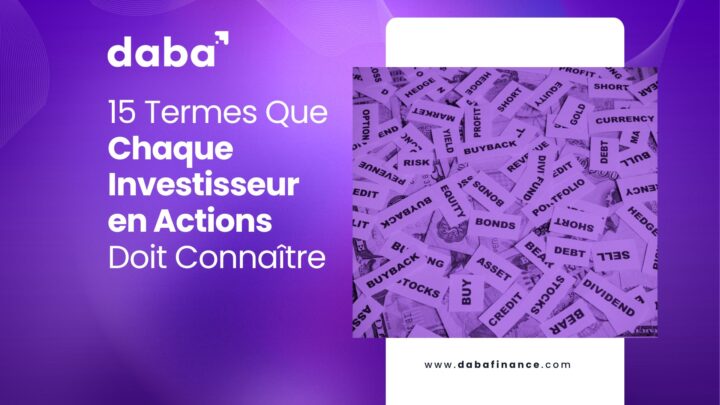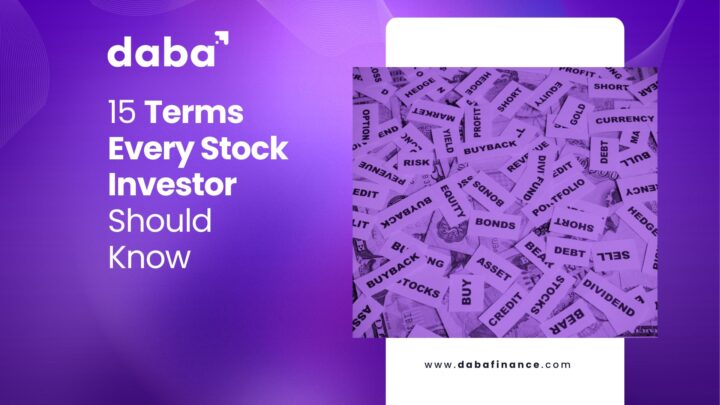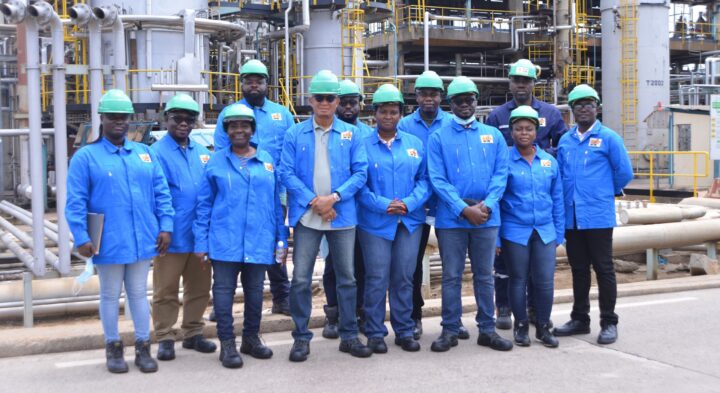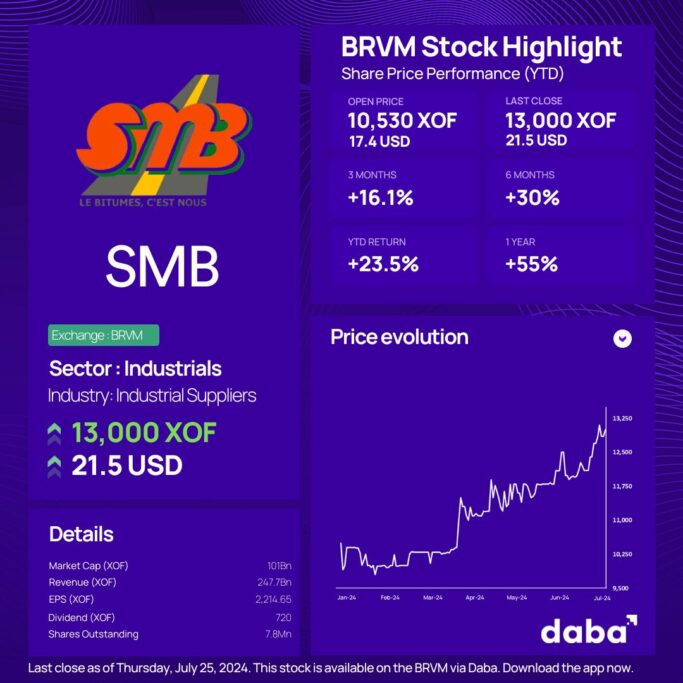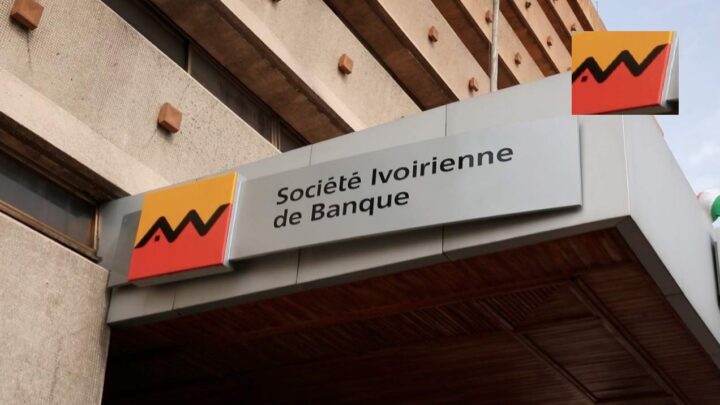Bien qu’ils ne soient pas le seul facteur à considérer lors d’un investissement, comprendre comment fonctionnent les dividendes peut vous aider à prendre des décisions plus éclairées.
Dans le monde de l’investissement, les dividendes sont souvent vantés comme un avantage clé de la possession d’actions. Que vous soyez un investisseur chevronné ou que vous débutiez, comprendre les dividendes est crucial pour bâtir une stratégie d’investissement globale.
Mais qu’est-ce qu’un dividende et comment fonctionne-t-il ?
Dans cet article, nous répondons à cette question et bien plus encore ; en plongeant dans le monde des dividendes, en explorant leur mécanique, leurs avantages et leurs inconvénients potentiels pour offrir des informations qui peuvent vous aider à prendre des décisions d’investissement plus éclairées.
Qu’est-ce qu’un Dividende ?
En son cœur, un dividende est une distribution d’une partie des bénéfices d’une entreprise à ses actionnaires.
Lorsqu’une entreprise génère des bénéfices, elle a plusieurs options pour utiliser cet argent. Elle peut réinvestir dans l’entreprise, rembourser des dettes, racheter des actions ou distribuer une partie des bénéfices aux actionnaires sous forme de dividendes.
Les dividendes sont généralement versés régulièrement, souvent trimestriellement, bien que certaines entreprises optent pour des distributions annuelles ou semi-annuelles.
Comment Fonctionnent les Dividendes ?
Pour comprendre comment fonctionnent les dividendes, décomposons le processus :
Date de Déclaration : Le conseil d’administration de l’entreprise annonce le dividende, y compris le montant par action et la date de paiement.
Date Ex-Dividende : C’est la date limite pour être éligible au dividende. Si vous achetez l’action à cette date ou après, vous ne recevrez pas le dividende à venir.
Date de Détention : L’entreprise vérifie ses registres pour identifier les actionnaires enregistrés qui recevront le dividende.
Date de Paiement : C’est le moment où le dividende est effectivement payé aux actionnaires.
Par exemple, considérons un scénario hypothétique avec une entreprise cotée à la bourse BRVM. Sonatel Sénégal (SNTS) annonce un dividende de 1,50 XOF par action. Si vous possédez 1 000 actions, vous recevrez 1 500 XOF en dividendes lorsqu’ils seront versés.
Types de Dividendes
Dividendes en Espèces : Le type le plus courant, où les actionnaires reçoivent un paiement en espèces.
Dividendes en Actions : Au lieu de liquidités, l’entreprise distribue des actions supplémentaires à ses actionnaires.
Dividendes en Nature : Rarement, une entreprise peut distribuer des actifs physiques aux actionnaires.
Dividendes Spéciaux : Paiements uniques, souvent lorsque l’entreprise dispose de liquidités excédentaires suite à une période particulièrement profitable ou à une vente d’actifs.
Rendement du Dividende
Le rendement du dividende est une métrique clé pour les investisseurs axés sur les revenus. Il se calcule en divisant le dividende annuel par action par le prix actuel de l’action. Par exemple, si une action cotée à 100 XOF verse un dividende annuel de 5 XOF, son rendement en dividendes serait de 5 %.
Sur les marchés africains, certaines entreprises offrent des rendements de dividendes attrayants. Par exemple, en 2023, Safaricom Plc, cotée à la Nairobi Securities Exchange, a historiquement offert un rendement de dividende compétitif, ce qui en fait une option intéressante pour les investisseurs cherchant des revenus.
Ratio de Distribution des Dividendes
Ce ratio montre le pourcentage des bénéfices d’une entreprise versés sous forme de dividendes.
Un ratio de distribution inférieur pourrait indiquer qu’une entreprise réinvestit davantage dans sa croissance, tandis qu’un ratio plus élevé pourrait suggérer une entreprise plus mature axée sur le retour de valeur aux actionnaires.
Par exemple, une entreprise comme Guaranty Trust Bank au Nigeria a maintenu une approche équilibrée, offrant des dividendes tout en réinvestissant dans ses opérations pour alimenter la croissance.
Les Avantages des Dividendes
Revenu Régulier : Les dividendes peuvent fournir un flux de revenus régulier, particulièrement attractif pour les retraités ou ceux recherchant des revenus passifs.
Croissance Composée : Réinvestir les dividendes peut significativement augmenter les rendements à long terme grâce à la puissance des intérêts composés.
Signe de Santé Financière : Des paiements de dividendes réguliers peuvent être un indicateur de la stabilité financière et de la rentabilité d’une entreprise.
Réduction de la Volatilité du Portefeuille : Les actions versant des dividendes peuvent aider à stabiliser un portefeuille, car elles représentent souvent des entreprises plus établies.
Avantages Fiscaux : Dans certaines juridictions, les dividendes peuvent être taxés à un taux inférieur par rapport à d’autres formes de revenus.
Inconvénients Potentiels
Fiscalité : Les dividendes sont souvent imposables, ce qui peut impacter les rendements nets.
Coût d’Opportunité : L’argent versé sous forme de dividendes n’est pas réinvesti dans la croissance de l’entreprise.
Non Garanties : Les entreprises peuvent réduire ou éliminer les dividendes si les conditions financières se détériorent.
Peut Indiquer une Croissance Limitée : Des distributions de dividendes élevées pourraient suggérer qu’une entreprise a des opportunités d’investissement limitées.
Les Dividendes sur les Marchés Africains
Les marchés boursiers africains offrent des opportunités de dividendes intéressantes. De nombreuses entreprises établies dans des secteurs comme les télécommunications, les banques et les biens de consommation ont des antécédents de paiements de dividendes réguliers.
Par exemple, sur la BRVM, des entreprises comme Orange CI (ORAC) et Société Ivoirienne de Banque (SIBC) paient régulièrement des dividendes. Au Kenya, des entreprises comme Safaricom et East African Breweries maintiennent des politiques de dividendes attractives pour les investisseurs axés sur les revenus.
Il est important de noter que les politiques de dividendes peuvent varier considérablement entre différents marchés africains. Alors que certains marchés, comme l’Afrique du Sud, ont des cultures de dividendes plus établies, d’autres sont encore en développement. Cette diversité offre aux investisseurs la possibilité d’adapter leurs stratégies à différentes dynamiques de marché.
Stratégies pour Investir dans les Dividendes
Investissement en Croissance de Dividendes : Concentrez-vous sur les entreprises ayant un historique de croissance constante de leurs dividendes au fil du temps.
Investissement à Haut Rendement : Ciblez les actions avec des rendements de dividendes supérieurs à la moyenne, mais soyez prudent avec les rendements qui semblent trop beaux pour être vrais.
Plans de Réinvestissement des Dividendes (DRIPs) : De nombreuses entreprises offrent des plans où les dividendes sont automatiquement réinvestis pour acheter plus d’actions, accélérant ainsi la croissance composée.
Diversification : Répartissez les investissements sur différents secteurs et régions géographiques pour atténuer les risques.
Recherche sur les Ratios de Distribution : Recherchez des entreprises avec des ratios de distribution durables, généralement inférieurs à 60 % pour la plupart des industries.
Lire aussi : Investir en Afrique : Optimisez votre portefeuille avec les rendements de dividendes
Considérations Pratiques
Implications Fiscales : Comprenez le traitement fiscal des dividendes dans votre juridiction. Certains pays offrent des taux d’imposition préférentiels sur les revenus de dividendes.
Risque de Change : Lorsqu’on investit sur des marchés étrangers, soyez conscient de l’impact des fluctuations monétaires sur vos rendements de dividendes.
Cycles Économiques : Les paiements de dividendes peuvent être affectés par les récessions économiques, alors considérez le contexte économique plus large.
Fondamentaux de l’Entreprise : Ne poursuivez pas des rendements élevés sans considérer la santé financière globale de l’entreprise et ses perspectives de croissance.
Environnement Réglementaire : Restez informé des réglementations dans différents marchés qui pourraient affecter les politiques de dividendes ou le rapatriement des fonds.
Obtenez Votre Stratégie d’Investissement en Dividendes Correcte
Les dividendes peuvent jouer un rôle crucial dans une stratégie d’investissement, offrant un mélange de revenus réguliers et un potentiel de croissance à long terme.
Bien qu’ils ne soient pas le seul facteur à considérer lors d’un investissement, comprendre comment fonctionnent les dividendes peut vous aider à prendre des décisions plus éclairées et à mieux aligner vos investissements avec vos objectifs financiers.
Les marchés africains présentent des opportunités uniques pour l’investissement en dividendes, avec de nombreuses entreprises établies offrant des rendements attrayants.
Cependant, comme pour toute stratégie d’investissement, il est essentiel de faire des recherches approfondies et de considérer votre situation financière individuelle et vos objectifs.
Chez Daba, nous aidons les investisseurs à naviguer dans les complexités des marchés africains, y compris les actions versant des dividendes. Notre plateforme offre un accès à un large éventail d’opportunités d’investissement à travers le continent, soutenu par des recherches et des analyses approfondies.
Que vous cherchiez à construire un portefeuille axé sur les dividendes ou simplement à incorporer quelques actions versant des dividendes dans votre stratégie existante, Daba offre les outils et les informations nécessaires pour prendre des décisions éclairées.
Rappelez-vous, bien que les dividendes puissent être une caractéristique attrayante de la possession d’actions, ils doivent être considérés dans le cadre d’une stratégie d’investissement plus large. Considérez toujours des facteurs comme les fondamentaux de l’entreprise, les conditions du marché et votre tolérance au risque personnelle lors de la prise de décisions d’investissement.
Bon investissement !
